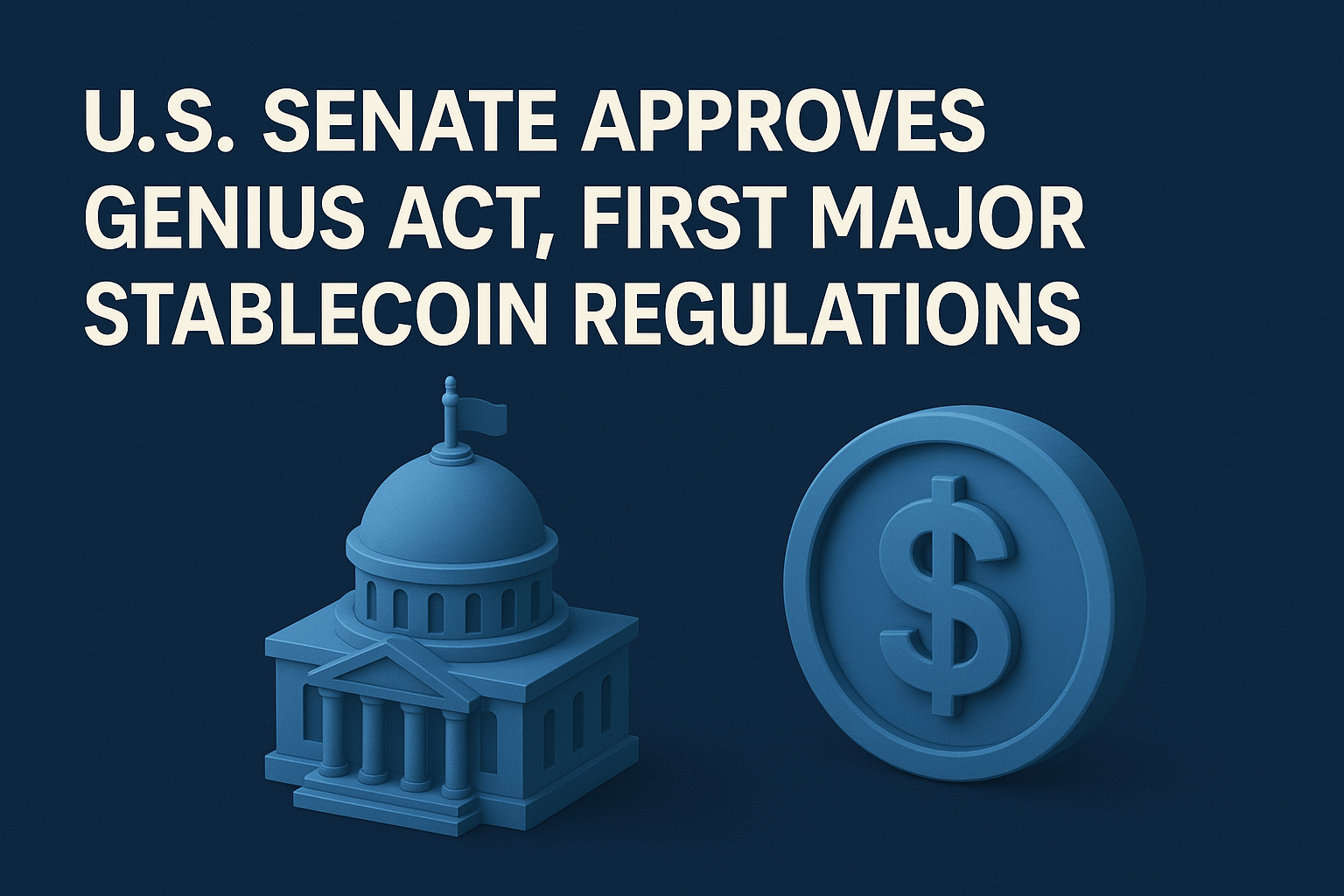Eric Trump, executive vice president of the Trump Organization and son of U.S. President Donald Trump, has issued a bold prediction: traditional banks could become obsolete within the next decade unless they embrace cryptocurrency and digital finance.
In a wide-ranging interview with CNBC on April 30, Trump criticized the traditional banking system as outdated, inefficient, and exclusive, calling for widespread adoption of blockchain and digital assets to reshape the financial landscape.
A Broken System Built on Old Infrastructure?
Eric Trump argued that today’s banking model remains locked in a system built on decades-old infrastructure, notably the SWIFT network, which has powered cross-border financial messaging since 1973.
“It’s an absolute disaster,” he said, referring to the delays and costs associated with international money transfers. “Money shouldn’t take five days to move.”
According to Trump, the inefficiencies of legacy banking favor the ultra-wealthy, who benefit from special rates and services. Everyday consumers, he argues, are burdened by slow transfers, high fees, and limited access.
Crypto as the Equalizer
Trump praised cryptocurrency—particularly Bitcoin and Ethereum—as a more accessible, efficient alternative. With near-instant settlement times, decentralized applications, and no need for intermediaries, crypto can level the playing field, he said.
“Anyone can download a DeFi app and send money wallet-to-wallet in seconds,” he added, contrasting this with traditional banks’ cumbersome processes.
The U.S. Pivot Toward Digital Finance
Eric Trump’s remarks reflect a growing shift among U.S. institutions. Banks like JPMorgan and Goldman Sachs have invested heavily in digital asset infrastructure, while the Federal Reserve has quietly rolled back earlier restrictions on crypto-related banking.
Even SWIFT is responding to the pressure. The network has announced plans to pilot blockchain-based transactions in 2025, aiming to integrate digital assets with fiat currency transfers.
The Trump Family’s Crypto Moves
Eric’s crypto advocacy isn’t just talk. He and Donald Trump Jr. recently partnered with Hut 8, a major Bitcoin mining firm, to launch a U.S.-based subsidiary named American Bitcoin. The move supports President Trump’s pledge to establish the United States as the global hub for crypto.
The family also launched a USD-backed stablecoin via World Liberty Financial, further anchoring their presence in the digital asset ecosystem.
Eric Trump has previously made headlines for predicting that Bitcoin could one day reach $1 million per coin—a sentiment now tied to the family’s broader business and political alignment with the crypto space.
The Volatility Debate
Despite growing adoption, crypto continues to face skepticism—especially from global central banks.
- The Bank of Italy has warned that deeper integration of crypto could increase systemic risk.
- ECB President Christine Lagarde recently blocked a proposal to include Bitcoin in the Czech Republic’s central reserves, arguing it lacks the security, stability, and liquidity required for sovereign assets.
These concerns resurfaced in early 2025 when U.S. trade tariffs caused both equities and crypto markets to plunge. Bitcoin fell from over $90,000 to around $74,000, renewing fears about crypto’s resilience in economic shocks.
FAQs
Can crypto replace traditional banking for the unbanked?
Yes, provided users have access to a smartphone and internet. Cryptocurrencies like Bitcoin and stablecoins offer an alternative in countries with weak banking infrastructure—such as Peru, Morocco, and the Philippines—allowing users to send, receive, and store money instantly without a bank account.
Why do banks still block crypto companies from basic services?
Most banks enforce strict anti-crypto policies due to regulatory uncertainty. As a result, crypto startups often face delays, account closures, or service denials, even for basic needs like payroll, fiat conversion, or business expenses.
Final Take
Eric Trump’s warning isn’t just about banks falling behind—it’s about a paradigm shift in how money moves, who controls it, and how fast innovation is adopted. Whether traditional banks adapt or resist, the message is clear: the crypto era is no longer optional—it’s inevitable.










